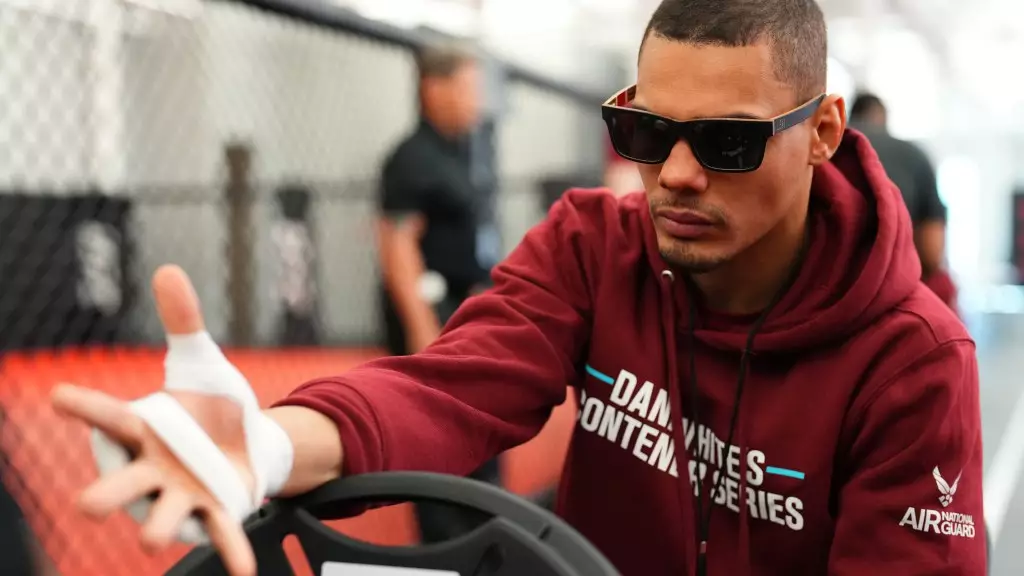In the world of mixed martial arts (MMA), the Dana White’s Contender Series (DWCS) has become a prominent platform for emerging fighters to showcase their skills. However, the excitement surrounding the series has recently been overshadowed by serious allegations of substance abuse. The Nevada Athletic Commission (NAC) has taken stringent measures against four fighters who participated in the 2024 season, reflecting the growing intolerance for drug use in combat sports.
During the NAC’s recent monthly meeting, the commission revealed the results of their investigations into drug testing failures related to four fighters. Each case involved different circumstances ranging from failing drug tests after their bouts to a last-minute withdrawal from a scheduled fight. Notably, these violations are detrimental not only to the fighters’ careers but also to the integrity of the sport itself.
Among the four fighters, three participated in contests they ultimately lost, while one attempted to withdraw from a fight on the day of the event due to undisclosed reasons. The substances detected in these fighters included a range of performance-enhancing drugs, most prominently Drostanalone, Clomiphene, GW1516, and Stanozolol – all of which are banned and associated with serious health risks.
One of the more notable incidents involved Torrez Finney, who suffered a TKO loss against Abdellah Er-Ramy. Finney’s post-fight drug test revealed Drostanalone, prompting the NAC to extend his temporary suspension while further disciplinary measures await. This scenario raises critical questions about the pressure athletes experience to perform at their best, leading them to take reckless and dangerous shortcuts.
Similarly, the case of the fighter who withdrew just minutes before his scheduled bout, citing a positive test for Clomiphene, highlights the complexities of managing mental and physical health in high-stakes environments. The athletes are often under tremendous pressure, thus sometimes making decisions that ultimately jeopardize their careers.
Another case is Michael Imperato, who faced significant penalties after testing positive for Stanozolol. His nine-month suspension, coupled with a hefty fine, exemplifies the NAC’s commitment to maintaining fair competition in the sport. Imperato’s case serves as a stark reminder of the consequences that come with flouting the rules, which are designed to ensure a level playing field.
The NAC’s decisions underline the seriousness of drug-related offenses in combat sports. With the rise of organizations like DWCS, which are designed to scout and promote talent, maintaining the integrity of the sport must remain paramount. Every failed drug test tarnishes not only the reputation of the individual fighter but also casts a long shadow over the sport, raising doubts among fans and aspiring fighters alike.
Fighters today must understand that their actions have lasting consequences, and the regulatory bodies will not hesitate to enforce strict penalties. The landscape of professional MMA is rapidly evolving, and fighters must adapt both their training regimens and ethical standards.
As the NAC prepares for its next meeting, scheduled for December, the focus on drug testing and regulation is more crucial than ever. The four fighters’ cases serve as a warning to all athletes: the road to success should not be paved with shortcuts that compromise safety and integrity. As the MMA community reflects on these recent events, it’s clear that the commitment to clean sports will be a defining principle in shaping the future of the industry.

